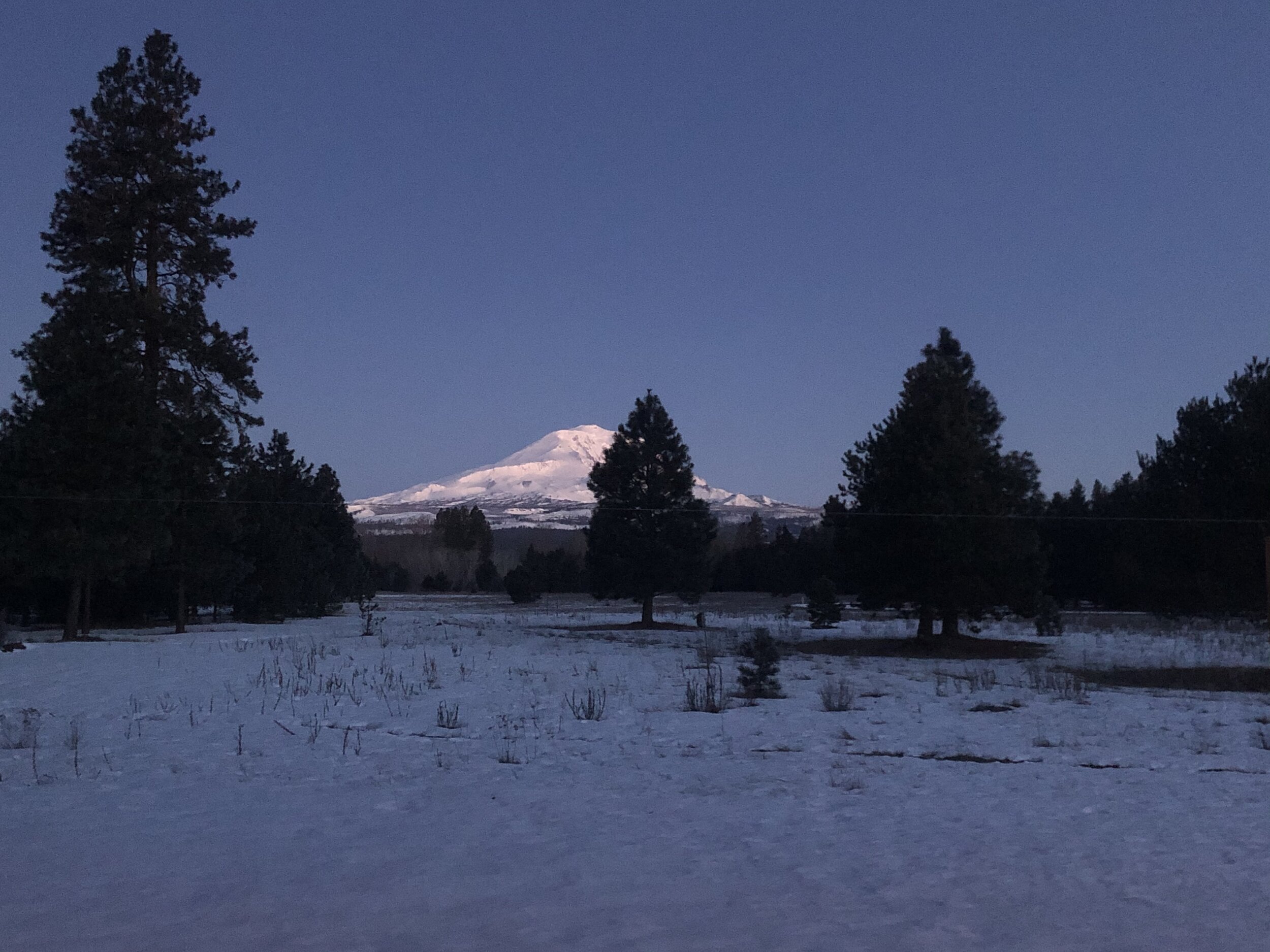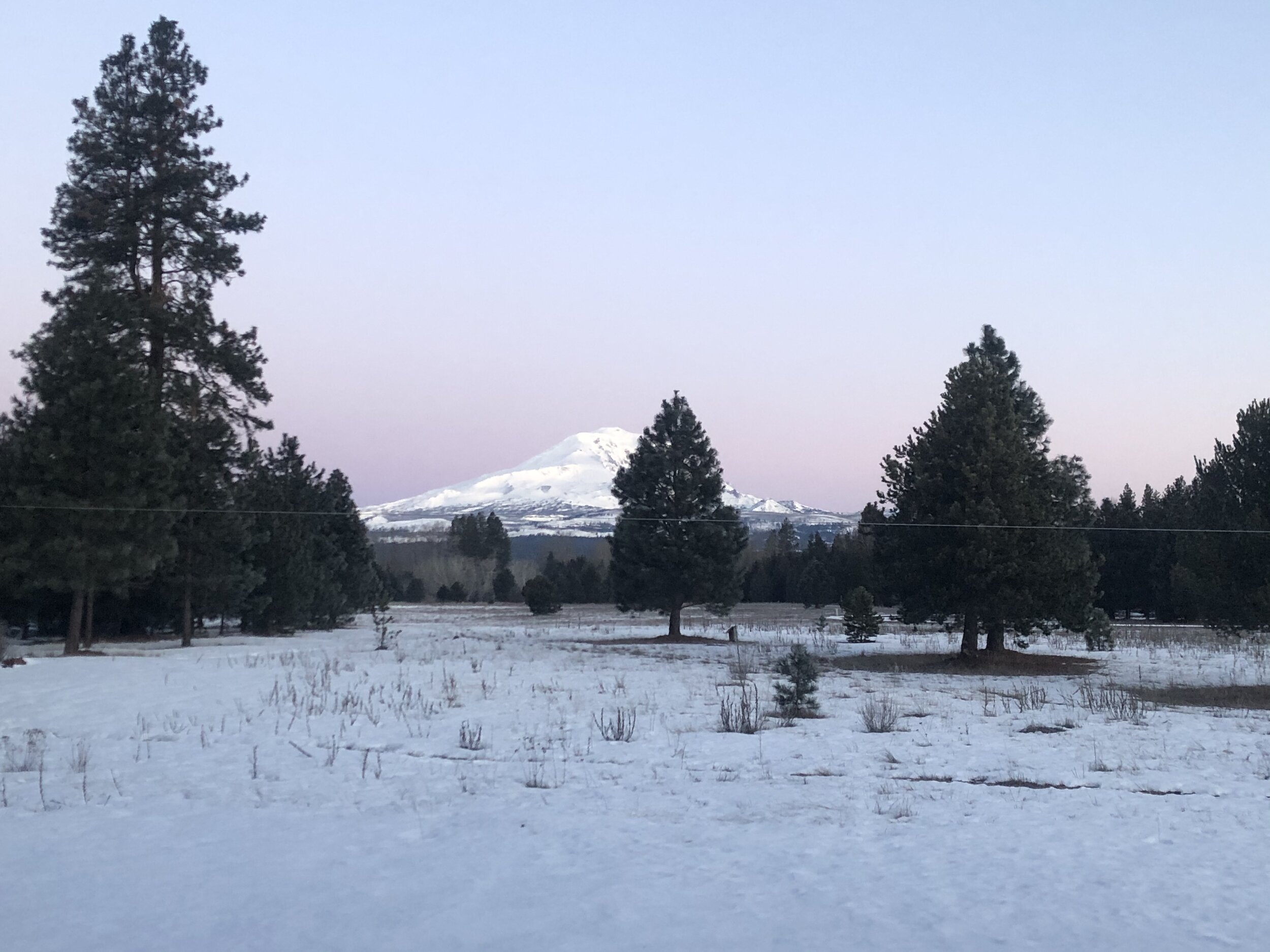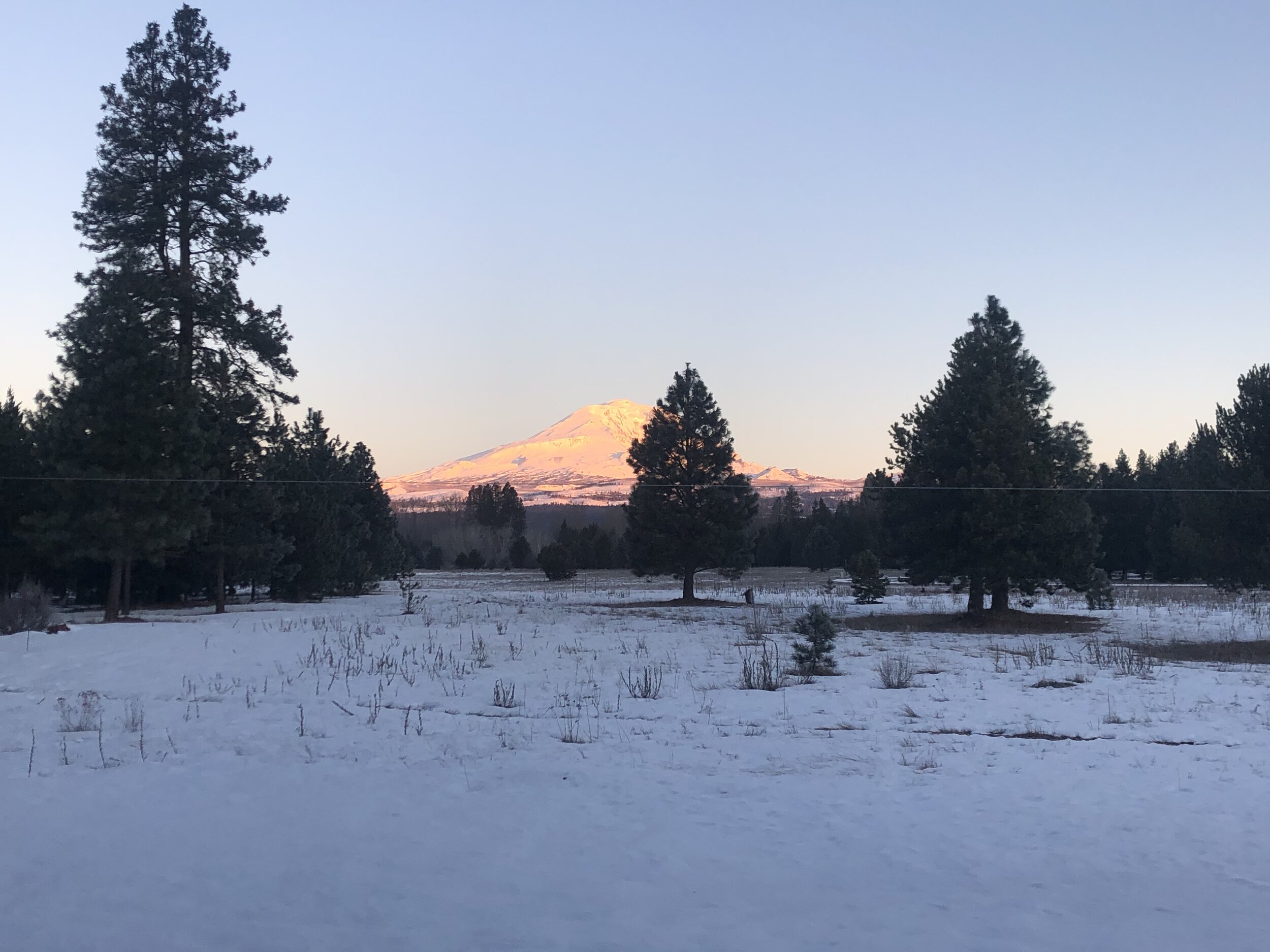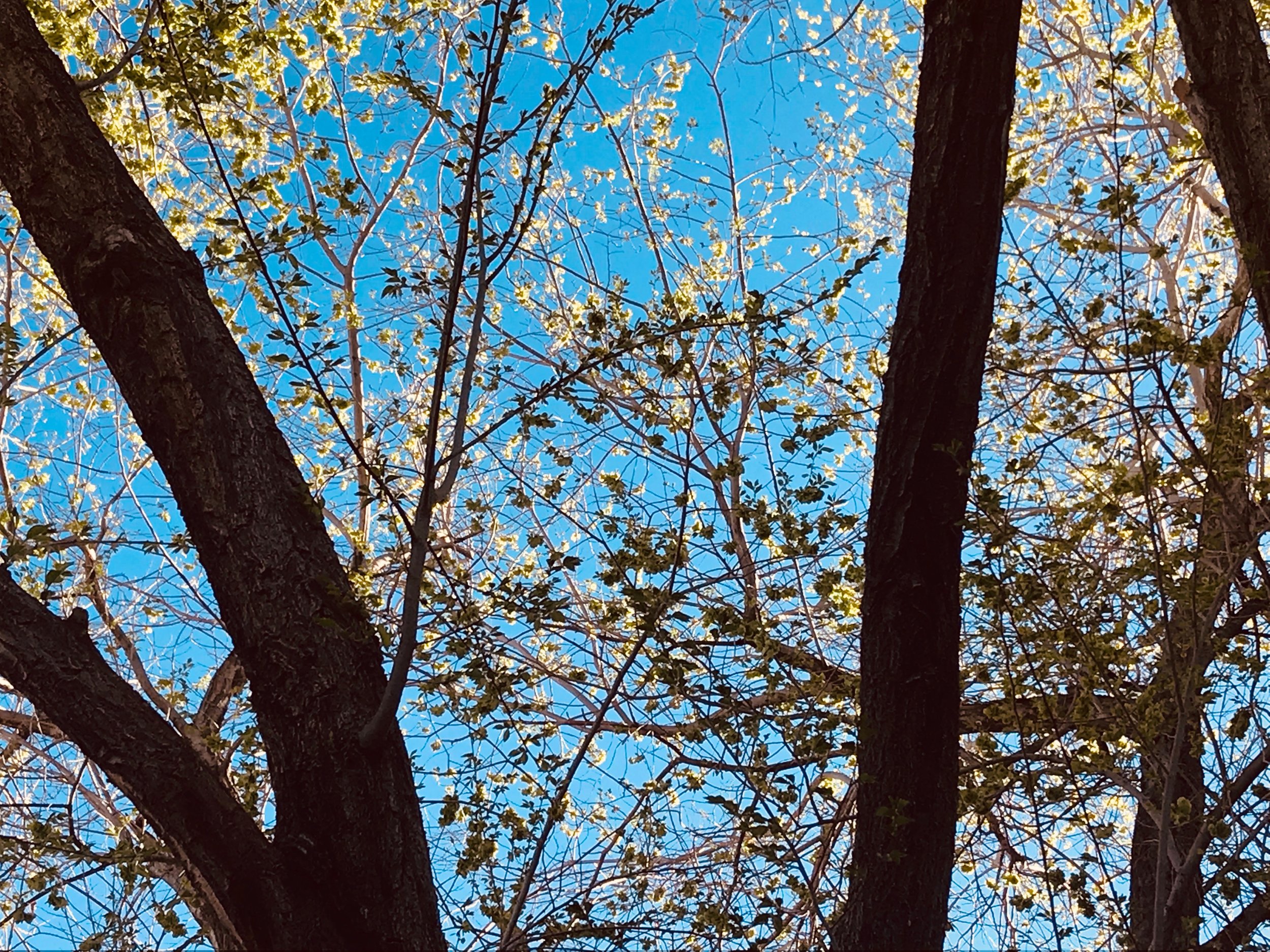For us humans, emotions are a tricky thing. They can come and go in the blink of an eye, drop in without notice and drop out just as quickly, or decide to settle in and stay for a spell. Most of us relish what we deem the good emotions, and resist having to endure the ones we’ve come to see as bad or negative. The ones that don’t, well, feel good.
I’ve always been a feeling kind of girl. Emotions, even big, hard, painful ones don’t scare me. However, they can snag me, and before I know it, I’m wrapped around some kind of axle and in full reactive mode. It’s like I am the emotion, rather than me experiencing that emotion. It can be exhausting. For me, and for the people I share life with.
This morning, as most mornings, we sit on the front porch, coffee cups in hand, and read the daily offering of Fr. Richard Rohr, founder of the Center for Action and Contemplation (CAC) in Albuquerque, New Mexico.
His focus this week is Wisdom.
CAC faculty member, Cynthia Bourgeault, suggests that, “Wisdom is not knowing more, but knowing with more of you, knowing deeper.”
To help us dig deeper into wisdom, what it is, and how to grow more of it, Fr. Rohr created a list of 7 pathways, or ways of knowing, that can help us along our own wisdom way.
One of those pathways is emotion.
“Emotion: Great emotions are especially powerful teachers. Love, ecstasy, hatred, jealousy, fear, despair, anguish: each have their lessons. Even anger and rage are great teachers, if we listen to them. They have so much power to reveal our deepest self to ourselves and to others, yet we tend to consider them negatively. I would guess that people die and live much more for emotional knowing than they ever will for intellectual, rational knowing. To taste these emotions is to live in a new reality afterward, with a new ability to connect.”.
As we sat reflecting on our emotions as a way of knowing with more of ourselves, the changing light hitting Mt. Adams seemed to underscore what we had just read.
We are the mountain.
Emotion is our teacher.










